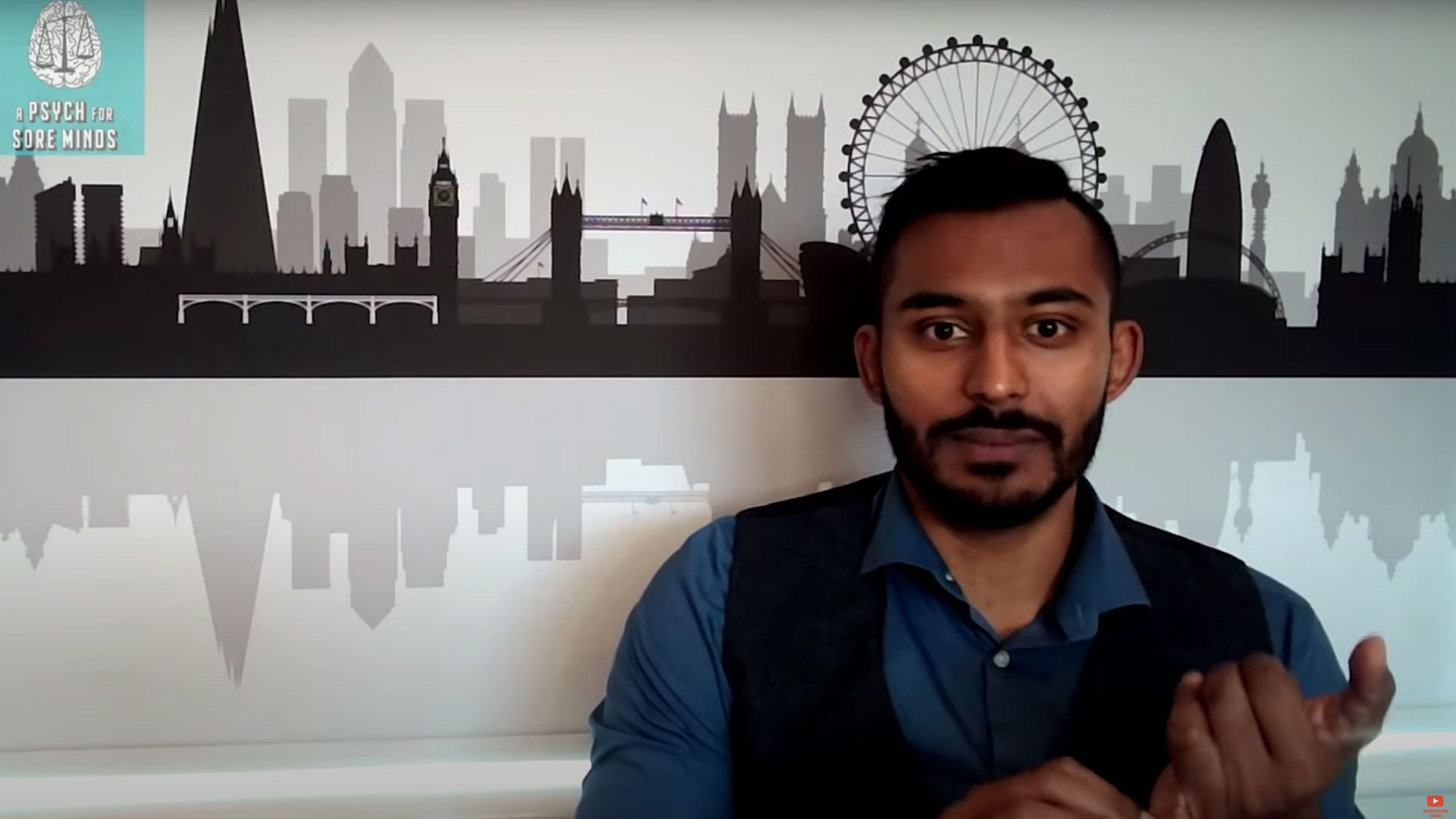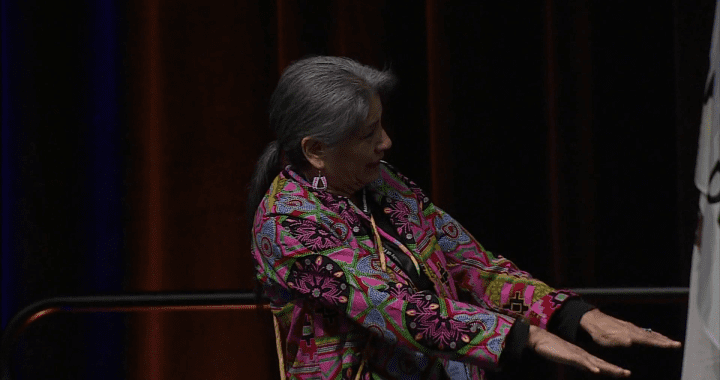Warning: This story shares graphic details from a murder trial. Please read with care.
The man who says he murdered, defiled and disposed of four Indigenous women in Winnipeg does not meet the Criminal Code standard for not criminally responsible due to mental disorder or NCR, a forensic psychiatrist told a Court of King’s Bench trial Wednesday.
“He has a rare homicidal necrophilia but not schizophrenia,” said Dr. Gary Chaimowitz of Hamilton, Ont.
“Mr. (Jeremy) Skibicki doesn’t have schizophrenia.”
Skibicki has pleaded NCR for killing Morgan Harris, Marcedes Myran, Rebecca Contois and an unidentified victim known as Mashkode Bizhiki’ikwe or Buffalo Woman two years ago.
Dr. Sohom Das, a forensic psychiatrist for the defence, said Skibicki has paranoid schizophrenia and was suffering from delusions when he murdered the vulnerable victims from the street between March 15, 2022 and May 16, 2022.
But Chaimowitz, who was appointed by the court to assess Skibicki, disagreed with that diagnosis.
“He, in my view, does not have a major psychiatric disorder associated with psychosis,” Chaimowitz concluded in an 86-page report for the court. “He does meet psychiatric diagnoses with Substance Use Disorder – alcohol and illicit substances, and gambling. He also has an Anti-social Personality Disorder.
“Most importantly, he has a Paraphilia, specifically Necrophilia, homicidal subtype.”

Chaimowitz said his diagnosis “is the most responsible and compelling” way to explain Skibicki’s criminal behaviour.
“(Skibicki) has a long-standing interest in arousal attached to women he has dominated, who are either unconscious or dead that has preceded the murders for a number of years,” he wrote in the report.
“…His behaviour, which includes arousal by thoughts of or the dead, and the ability to have sex with the dead multiple times as he did on these four occasions, would qualify him for … Necrophilia.”
Read More:
‘He had a fetish for Sleeping Beauty’: Jeremy Skibicki’s ex-wife testifies at his trial
The defence has said Skibicki has borderline personality disorder and post-traumatic stress disorder. But Chaimowitz found nothing to support that.
He also said Skibicki did not have a major mental disorder that was active at the time of the murders to allow for a Sec. 16 (1) defence, specifically a defence of mental disorder.
“In any event Mr. Skibicki did appreciate the nature and quality of his actions and, in my view, would have known that they were wrong from a legal and a moral perspective,” he wrote.
“He did not have a mental disorder impacting his ability to appreciate that what he was doing was wrong or knowing that they were wrong.”
Winnipeg police charged Skibicki in 2022 with four counts of first-degree murder after finding DNA of the victims in his suburban apartment and the remains of Contois in nearby garbage bins. During an interview with investigators, Skibicki confessed to killing Contois and the three additional women, whose remains have not been located.
His lawyers said Das reviewed Skibicki’s medical files, criminal record and social media posts that showed he had a history of mental illness, including depression, borderline personality disorder and thoughts of suicide.
Das concluded Skibicki knew what he was doing was legally wrong but lacked the capacity to know it was morally wrong.
But Chaimowitz, a professor at McMaster University who says he has consulted on about 100 NCR cases, testified Skibicki had reason to exaggerate his symptoms because he is facing life in prison.
“The potential for malingering a mental disorder is extremely high,” he told Crown attorney Christian Vanderhooft, “which is understandable in this situation.”

Chaimowitz said people think the mental health system, which treats NCR offenders, is “kinder and gentler” than the criminal justice system, but custody and treatment decisions are still made based on the offender’s risk to the public.
He said Skibicki’s “horrible” crimes looked like “semi-planned murders” designed to meet his necrophilic needs. The drugs Skibicki told police he took at the time of the killings likely helped lower his inhibitions, the doctor added.
“With respect to the first woman, he said he was coming off mushrooms and he thinks that’s ‘kind of’ what pushed him over the edge from what was like a psychological thought process into reality,” Chaimowitz wrote in his report.
He said the number and length of times Skibicki sexually violated the victims speaks to “the intensity of his necrophilia drive” as he “felt compelled to relieve his symptoms.”
He told court Skibicki likely began to become sexually aroused by dead bodies as a young teen.
He said Skibicki would have continued killing if police hadn’t arrested him.
“Mr. Skibicki would have done it again,” Chaimowitz said as the victims’ families looked on.
“I acknowledge the horror of hearing about some of these things.”
While deriving pleasure from having sex with or sexually abusing the dead is considered a mental illness, Chaimowitz said schizophrenia is a major mental disorder that shouldn’t be trivialized.
Read more:
“Schizophrenia … is one of the most serious psychiatric (conditions) … that occurs in under one per cent of the population. It usually presents between the ages of 16 and 22.”
Chaimowitz was the Crown’s rebuttal witness to the defence’s psychiatrist, and the defence closed its case Thursday.
Closing arguments are scheduled to be heard on June 10.
Support is available for anyone affected by these reports and the issue of missing and murdered Indigenous people. Immediate emotional assistance and crisis support are available 24 hours a day, seven days a week through a national hotline at 1-844-413-6649.










